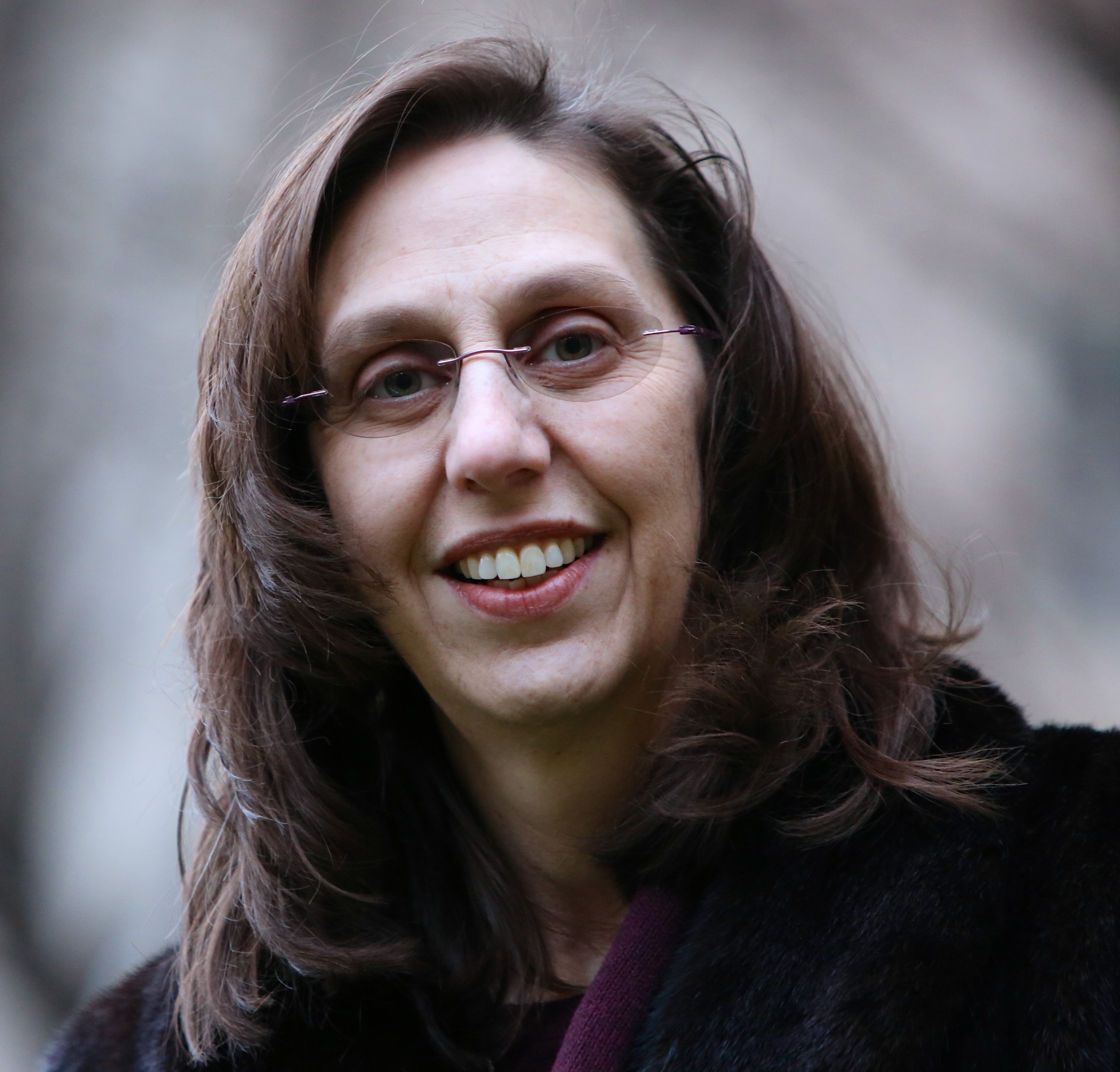
Parashat Sh'mini (Leviticus 9:1-11:47) starts with expectation, celebration, and solemn excitement. Aaron and his sons have just been ordained as the first priests. Step by detailed step, we follow along as Moses gives the instructions to Aaron, the priests, and the elders of the people, and they conduct the rituals to offer their first sacrifices. There is awe and wonder and the singing of praises. But suddenly, everything goes terribly awry. Aaron’s sons, Nadav and Avihu, step forward and make an offering. The entire community moves from exaltation to horror, as it becomes clear that Nadav and Avihu did something wrong. Their offering is deemed to be an ”alien fire.” Without warning, flame consumes the boys.
While there is debate over what exactly Nadav and Avihu did, it is clear that their actions were a violation of the rules, norms, and boundaries. Though the rules were new, it must have been an extreme violation, because the result was horrific: they die instantly, leaving Aaron suffering and silent.
Moses steps up to keep the sacrificial process moving along, and perhaps to control the crowd. Stopping the process in the middle is not an option, and making a mistake is definitely also not an option. But the brand new rule book on sacrifices didn’t cover this situation. Moses, in his caution, starts second-guessing some of the decisions being made by the other priests, including the grieving surviving sons of Aaron, the brothers of Nadav and Avihu. Moses’s “diligent inquiry” is a turning point at the very center of the Torah. In fact, according to the Talmud (Kiddushin 30a), the words “darosh darash” - diligent inquiry - can be viewed as the actual middle words of the Torah.
In response to Moses’s inquiries, Aaron finds his voice again. Aaron explains the decisions, and Moses listens carefully, acknowledging that Aaron is correct. Particularly at this time of crisis, it is notable that Moses is a humble listener and collaborator with Aaron, working together to figure out the right steps forward with care and respect.
The tragic story ends, and the parashah takes a quick turn. Suddenly we are exploring the rules of keeping kosher. Cows with cloven hooves that chew their cud are good, camels who don’t, are not. Vultures are not kosher, but other birds are, and the Torah helps us distinguish between lobster and herring. My family has chosen to observe a level of kashrut that includes kosher certifications and separate dishes for milk and meat, and another double set of dishes for Passover. A significant part of my choice to keep kosher came from a craving for the daily navigation of those rules and boundaries to connect me to my Jewish community every day and with every meal.
The parashah turns again, bringing us to the laws of purification and the mikvah, or ritual bath, as well as the first strong indication that we are supposed to conduct ourselves in a way that is holy (11:44). Notwithstanding the overwhelming tragedy that happens at the start of Parashat Sh'mini, by the end we learn that we can still strive for holiness in our conduct and our lives.
When working on a Dvar Torah, like Moses and Aaron sorting through the rules together, I love to process my ideas with other people. In working on this particular Dvar Torah, I consulted with a new expert*, who patiently answered my questions as we discussed back-and-forth how these stories of alien fire, kashrut, and mikvah provide us meaningful lessons as we observe Sexual Assault Awareness Month. Through that questioning, I was reminded that “the parashah emphasizes the importance of respecting boundaries. This can be understood as a warning against violating boundaries, whether physical or emotional.” And, “these principles remind us of the importance of treating others with dignity and respect, avoiding behaviors that harm [them], and upholding ethical standards in all areas of our lives.” My partner was careful to note that “[when] someone comes forward with an allegation of wrongdoing, it is important to take the allegation seriously and to investigate the matter thoroughly. This may involve acknowledging any mistakes or oversights that may have contributed to the situation, and taking steps to prevent similar incidents from happening in the future.” Moreover, “Parashat Sh'mini teaches us that effective leadership requires humility, self-reflection, and a willingness to listen to the perspectives of others. Leaders must also communicate clearly and openly, and be responsive to the needs and concerns of those they lead. By embodying these principles, leaders can create an environment of trust, respect, and collaboration that empowers everyone to achieve their full potential.”
From sacrifices to kashrut to purification, the message is repeated that establishing, respecting, and enforcing boundaries plays an essential role in creating a cohesive, caring society. Moses and Aaron work together, including with a diligent inquiry, to ensure the next right steps are taken so that no additional harm is done, and healing can begin. We similarly recognize that this work requires a partnership among all of us, staff, clergy, and lay leaders, working together.
Just over a year ago, in March 2022, WRJ issued a “Statement Following Reform Movement Investigations of Sexual Harassment, Assault, and Misconduct.” In the intervening year, WRJ implemented an anti-harassment policy and launched WRJ says STOP: An Initiative Against Sexual Harassment and Assault, providing a platform of resources and materials to help us live up to that responsibility – we, too, can strive to be holy.
I am intrigued by the prospect that artificial intelligence can help inspire us to dig deeper into our humanity. Full disclosure, and I hope no one sees this as an “alien fire,” I excerpted and compiled the asterisked paragraph of this Dvar Torah from answers generated in response to a series of questions I posed to my “new expert” - the artificial intelligence of ChatGPT. I did not ask ChatGPT to write for me but rather posed questions about how it might connect or consider different themes or issues. The answers truly made me think.
If you want to learn more and take action, during this Sexual Assault Awareness Month and throughout the year, these materials and tools will help you act on that inspiration, for yourself and with your congregation:
Related Posts

Continuing to Educate and Empower People Together

My Challah-Making Experience


